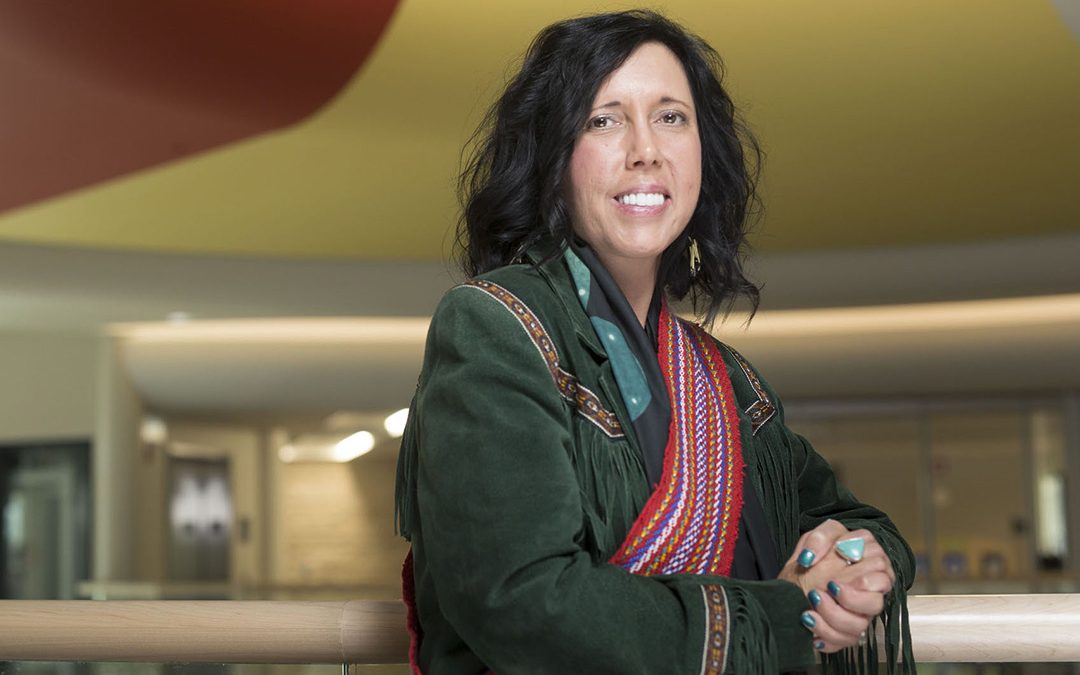A national forum on Indigenous identity has heard that institutions and Indigenous applicants need to change processes in confirming ancestry.
Dr. Jackie Ottmann, president of the First Nations University of Canada said self-identification is no longer working as it is unverifiable. She explained that for centuries First Nations People connected their identity orally through family and that by ticking a box on an application does not prove your lineage.
“You would have another checkbox where a person could give permission for the university to investigate and check up on their community membership,” said Ottmann “So, it’s adding, I think, layers of accountability, but it’s also asking individuals to share their story.”
The forum comes after questions arose over the identity of University of Sask. professor Carrie Bourassa, who claimed to be Metis, although her recognition came through a local Regina Metis group and not through Metis Nation-Saskatchewan vetting.
In November, Bourassa was placed on leave from the University of Saskatchewan and is stepping away from her duties as scientific director of the CIHR Institute of Indigenous Peoples’ Health.
Dr. Ken Coates, a professor from the University of Saskatchewan, said there are usually four separate areas of criteria when determining Metis identity; historical, biological, legal and a cultural or community definition. According to Coates, the community definition is usually set by a fixed community or organization that comes up with a definition they are comfortable with and has been vetted and approved.
The professor explained the areas of definition can be complex in nature.
“People who are biologically Metis are not necessarily automatically afforded legal status, it all depends on whether they lived a Metis lifestyle and are recognized by the community,” said Coates.
“This is not a question that has very easy answers and Canada is one of the only places in the world where this question of mixed ancestry people having legal status has become a matter of national importance.”
Ottmann said its important for universities and other sectors to engage Indigenous communities to develop and implement policies over identification and to revisit hiring practices.
With files from Joel Willick
